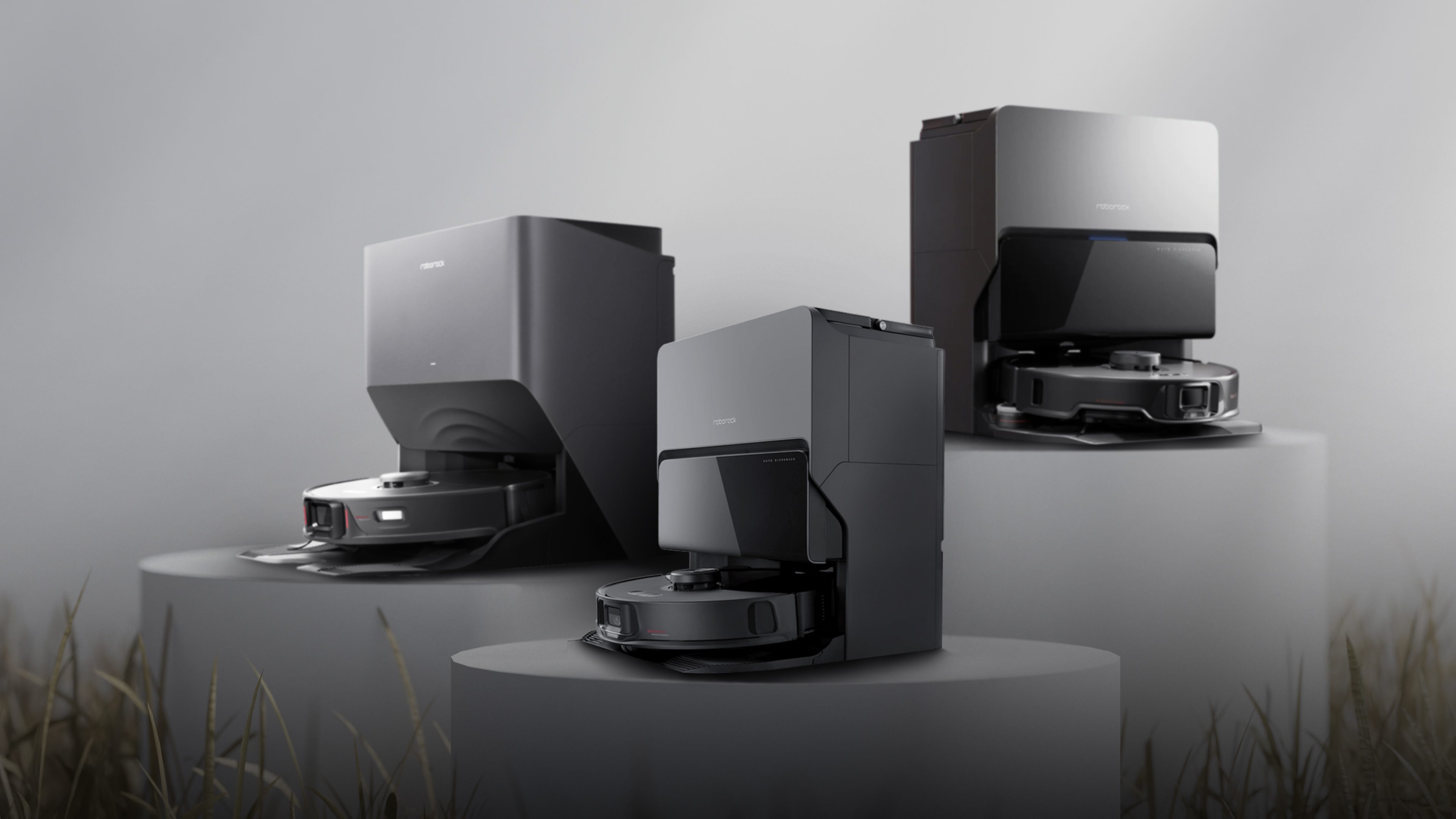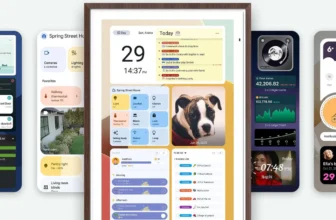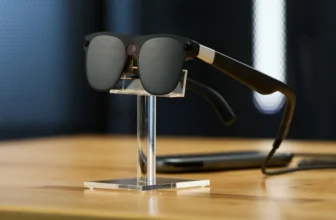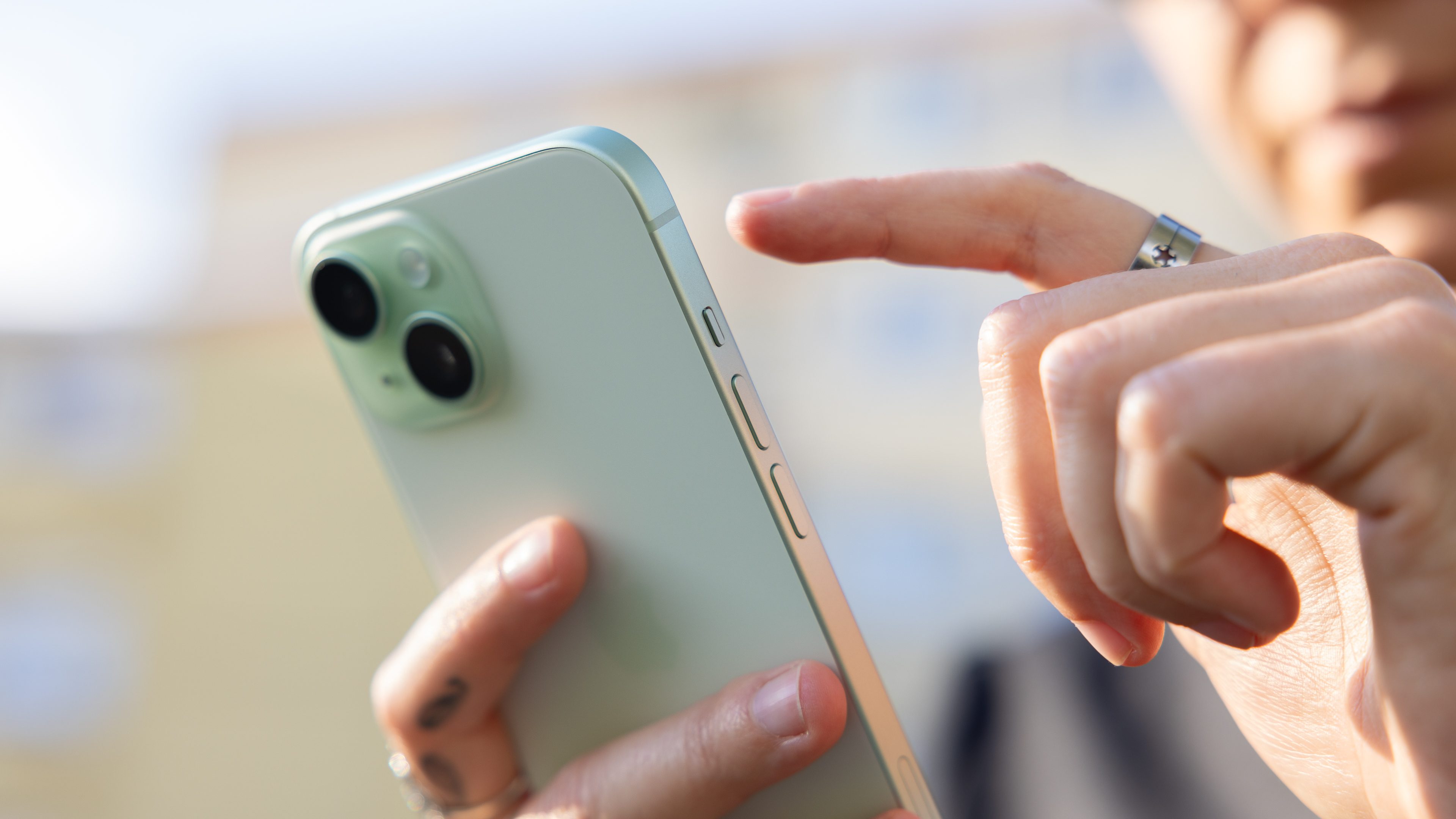
Although security features on smartphones have improved over the years, and so does the types of threats like the zero-click exploit. Now, NSA’s (National Security Agency) has shared latest measures that could safeguard our mobile devices from these sophisticated attacks.
In a new guideline published by the agency’s Cybersecurity department (via iDropnews), a wide list of vulnerabilities have been addressed. Most of the preventive measures only requiring basic steps in protecting your device but could add vital safeguard.
NSA’s tip on how to prevent zero-click attack
Among in the list include the zero-click exploit, which is described as an advanced cyberattack that doesn’t need interaction from a user. Actors can access your device or steal your data as well as plant spyware without your knowledge.
As suggested by NSA, the most notable precaution for users is to power off their device once a week to combat the threat. In addition, it is recommended that you avoid connecting in public Wi-Fi or networks and also keep your Android device or iPhone updated.
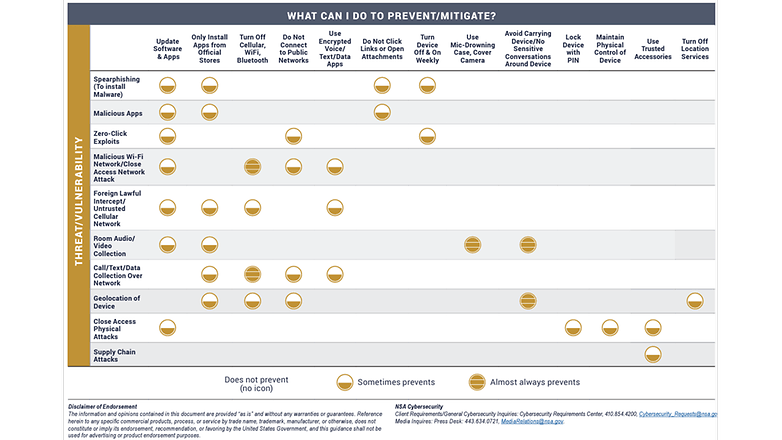
Similarly, the agency listed that spear-phishing or a method to install malware into smartphones through emails with the goal to steal sensitive information such as bank account and details. This can also be prevented if you switch off your handset at least once a week and keeping your apps up to date according to NSA.
There are additional tips to mitigate other threats, too, which are centered in network attacks and collection of your sensitive data including photos, videos, and audio recordings. But most of these measures require extra steps like using mic-drowning case and avoiding of making sensitive conversations near these devices.
Besides these tips, you can always protect your device doing the simple methods like not clicking in suspicious links or attachments in messages and emails and nominating long and strong passwords. You can also activate built-in safety features such as the Stolen Device Protection on iPhone and 2FA and security keys on Android.
Do you have other security measures to suggest? We would be glad to hear those in the comments.



